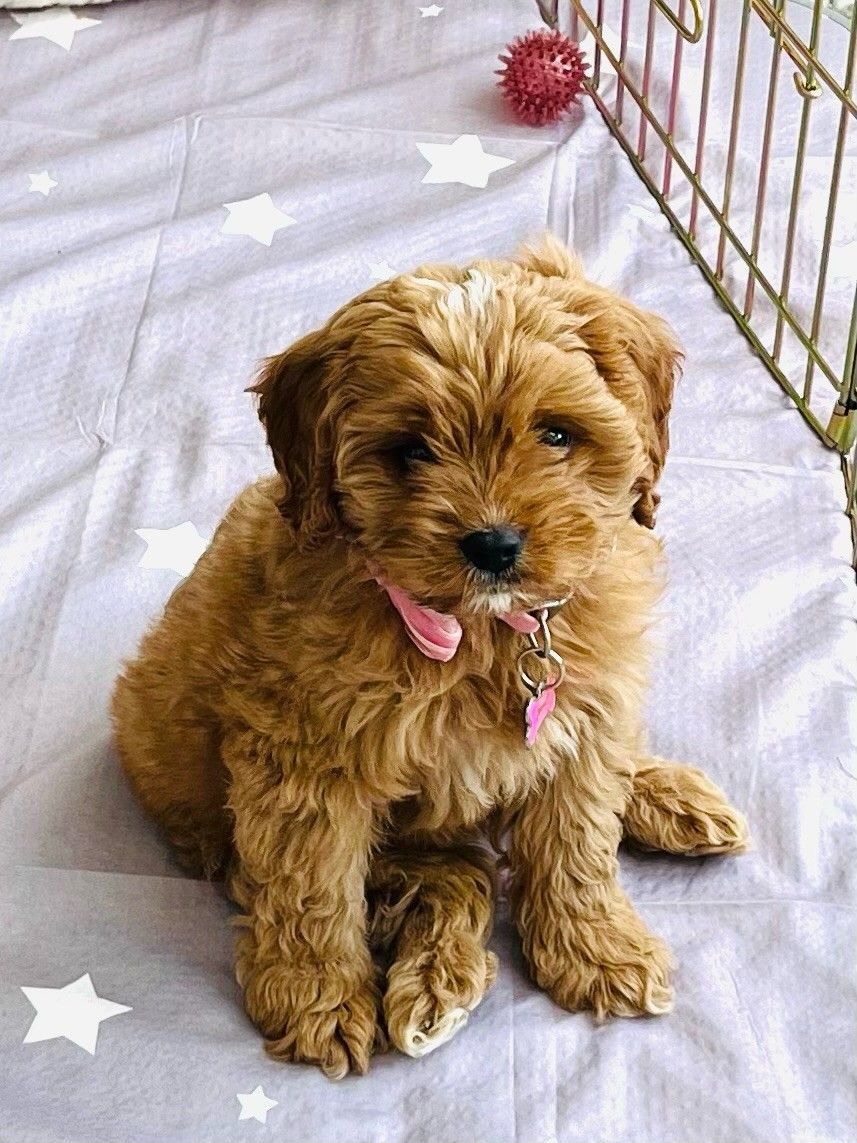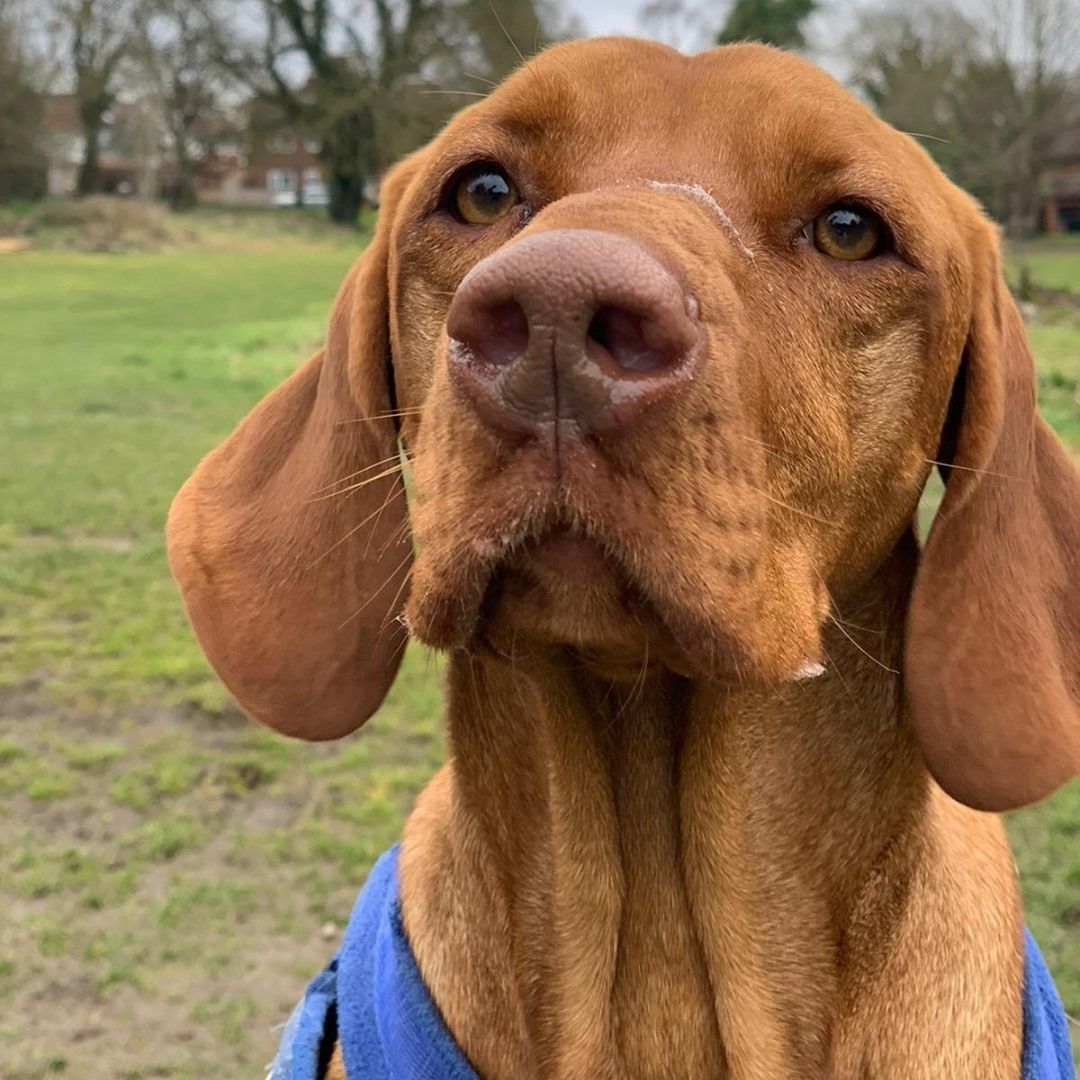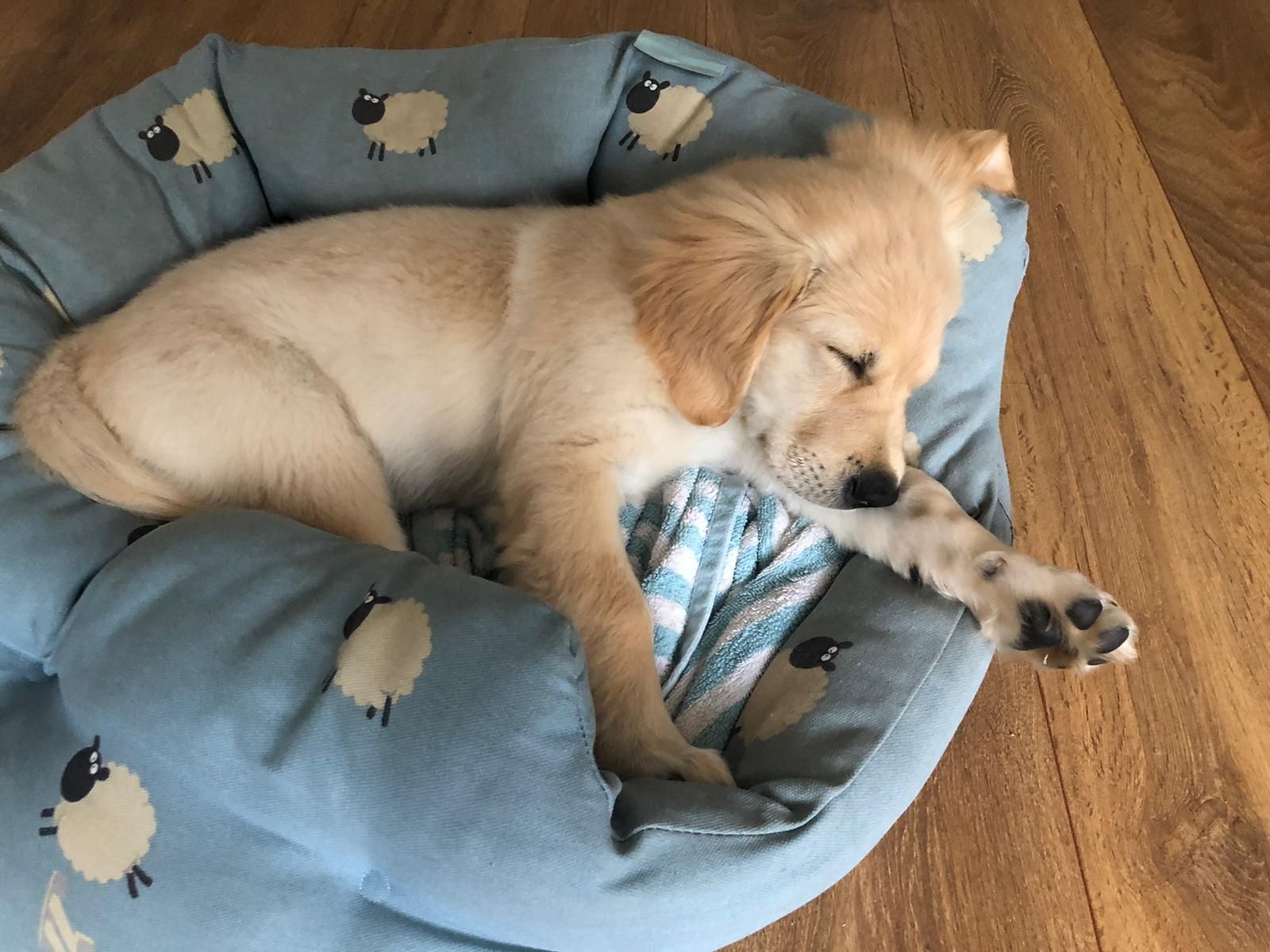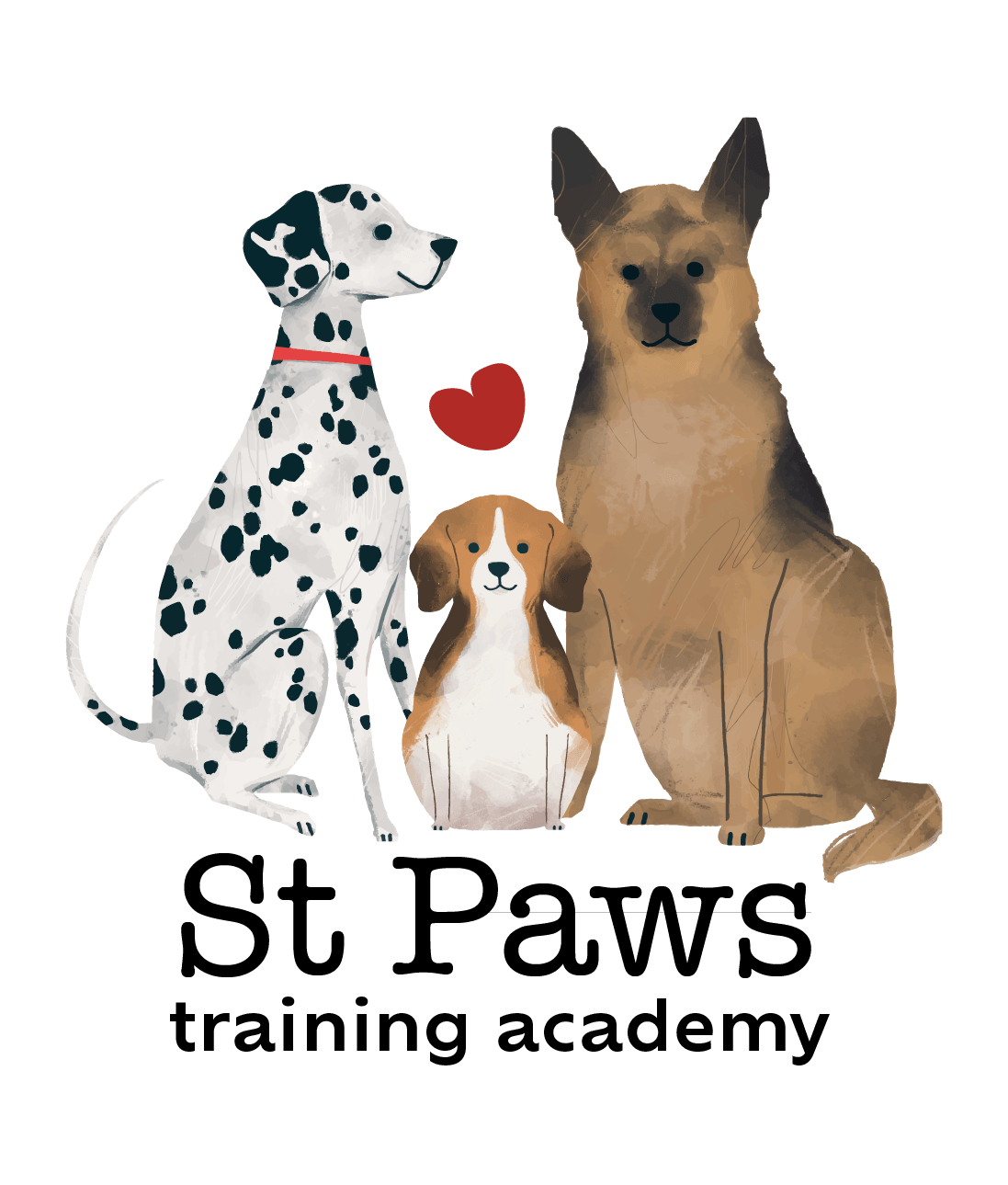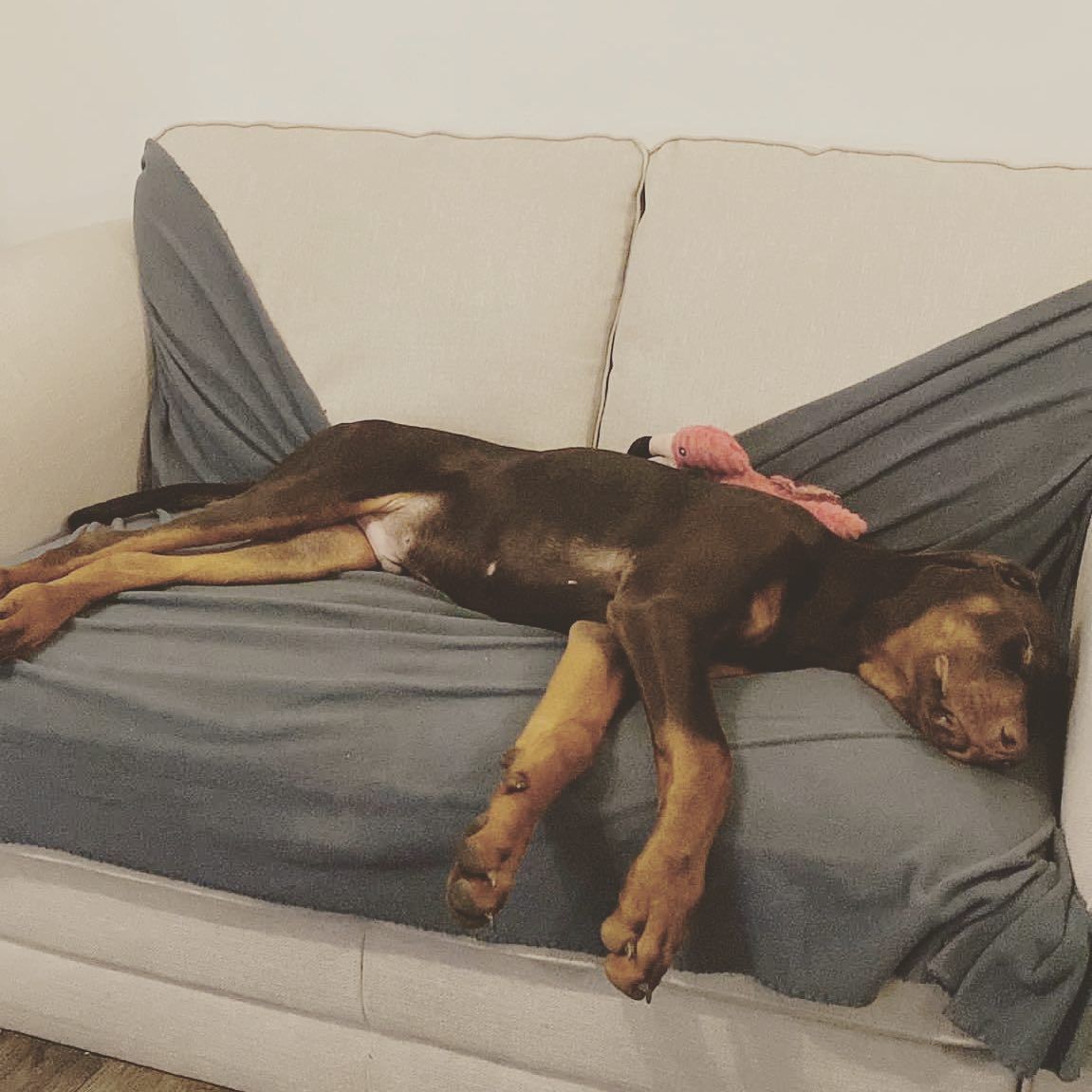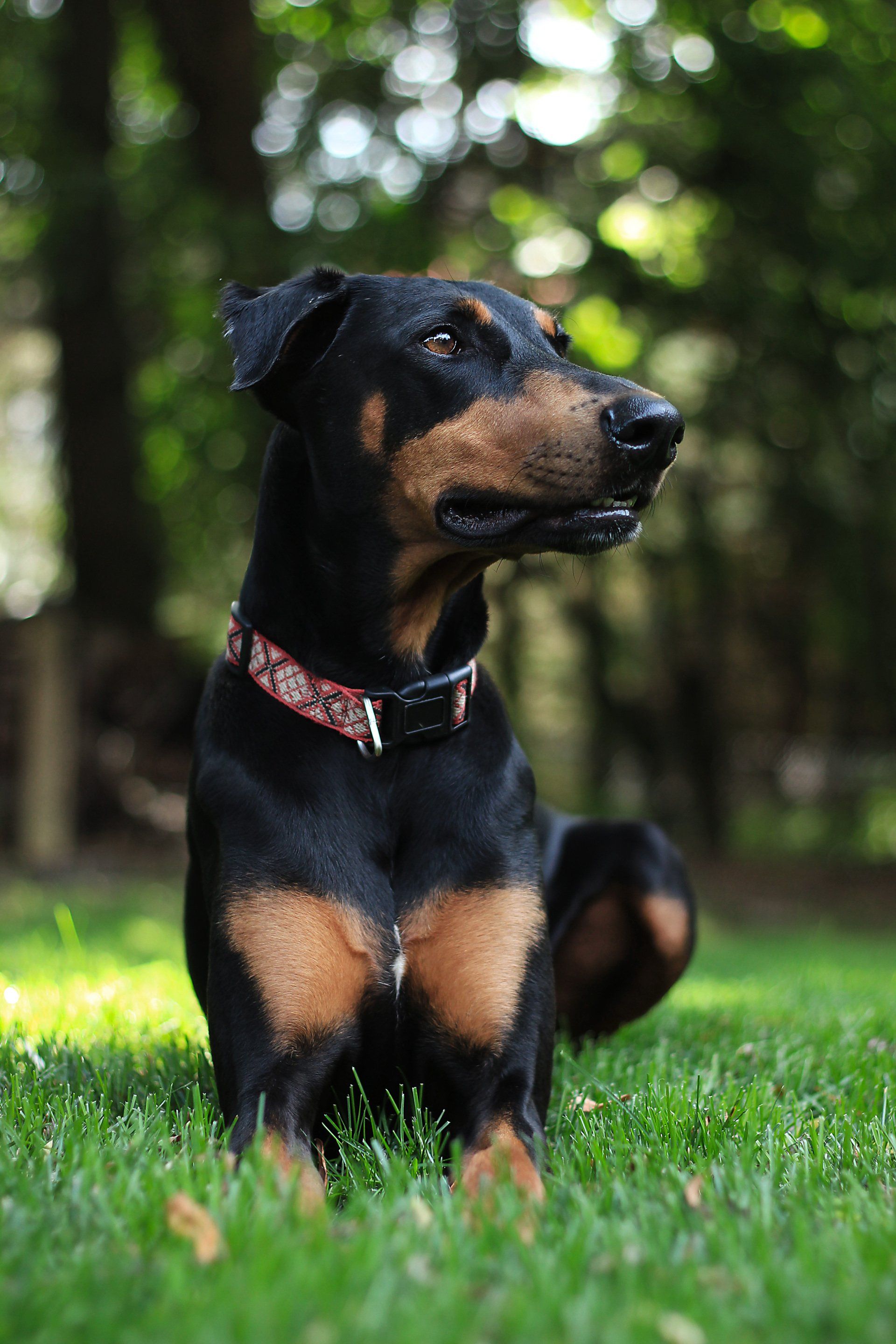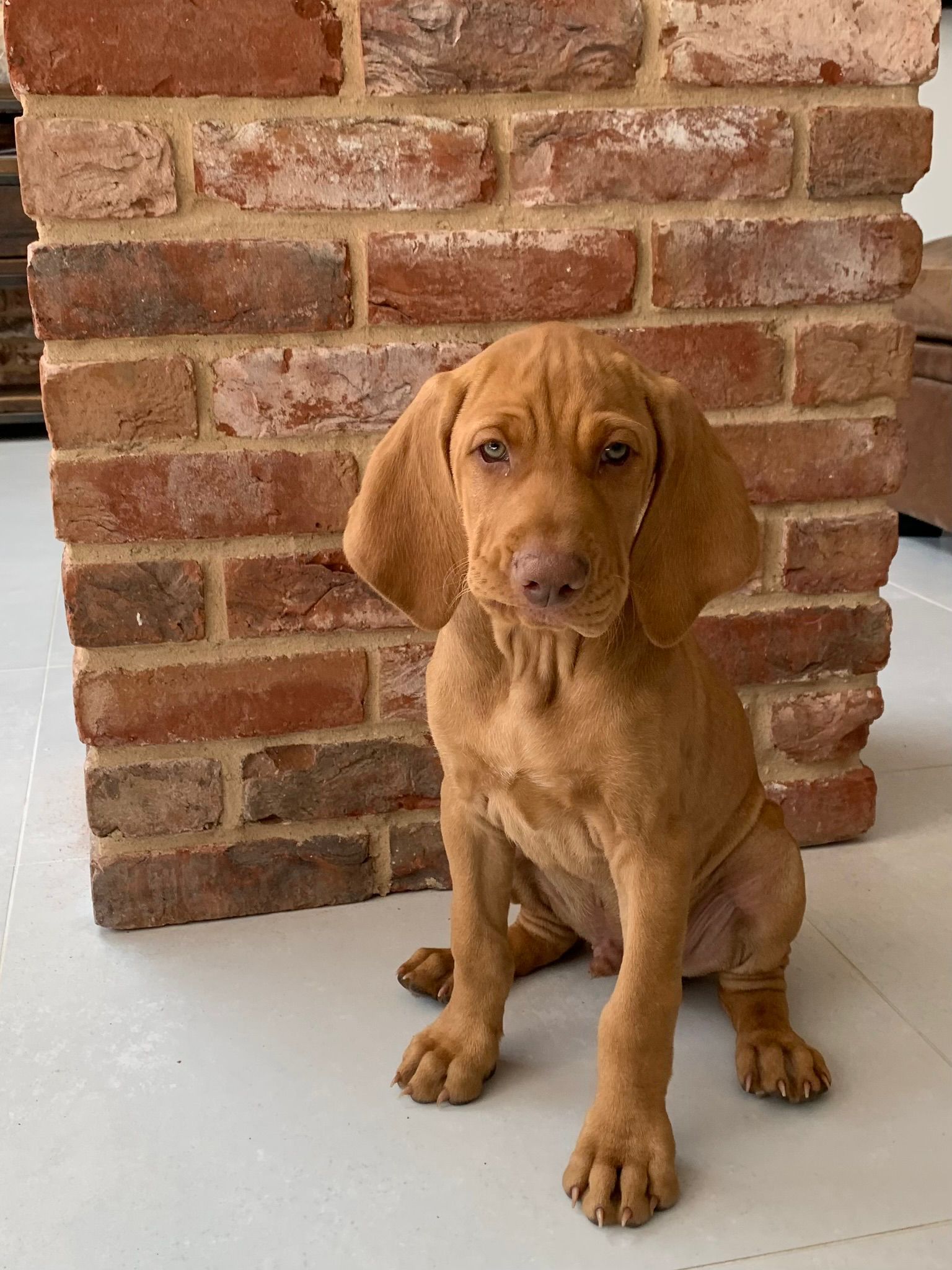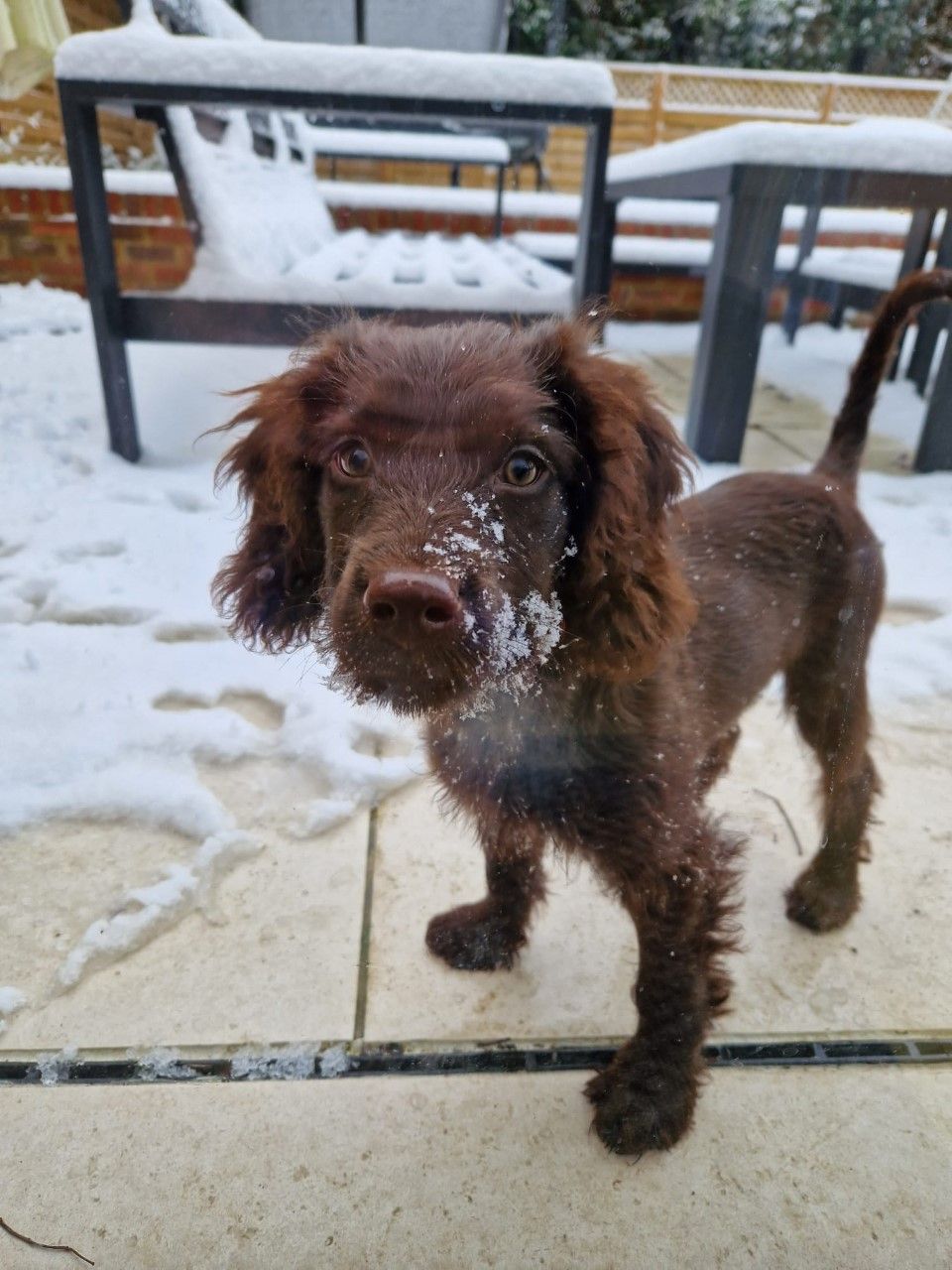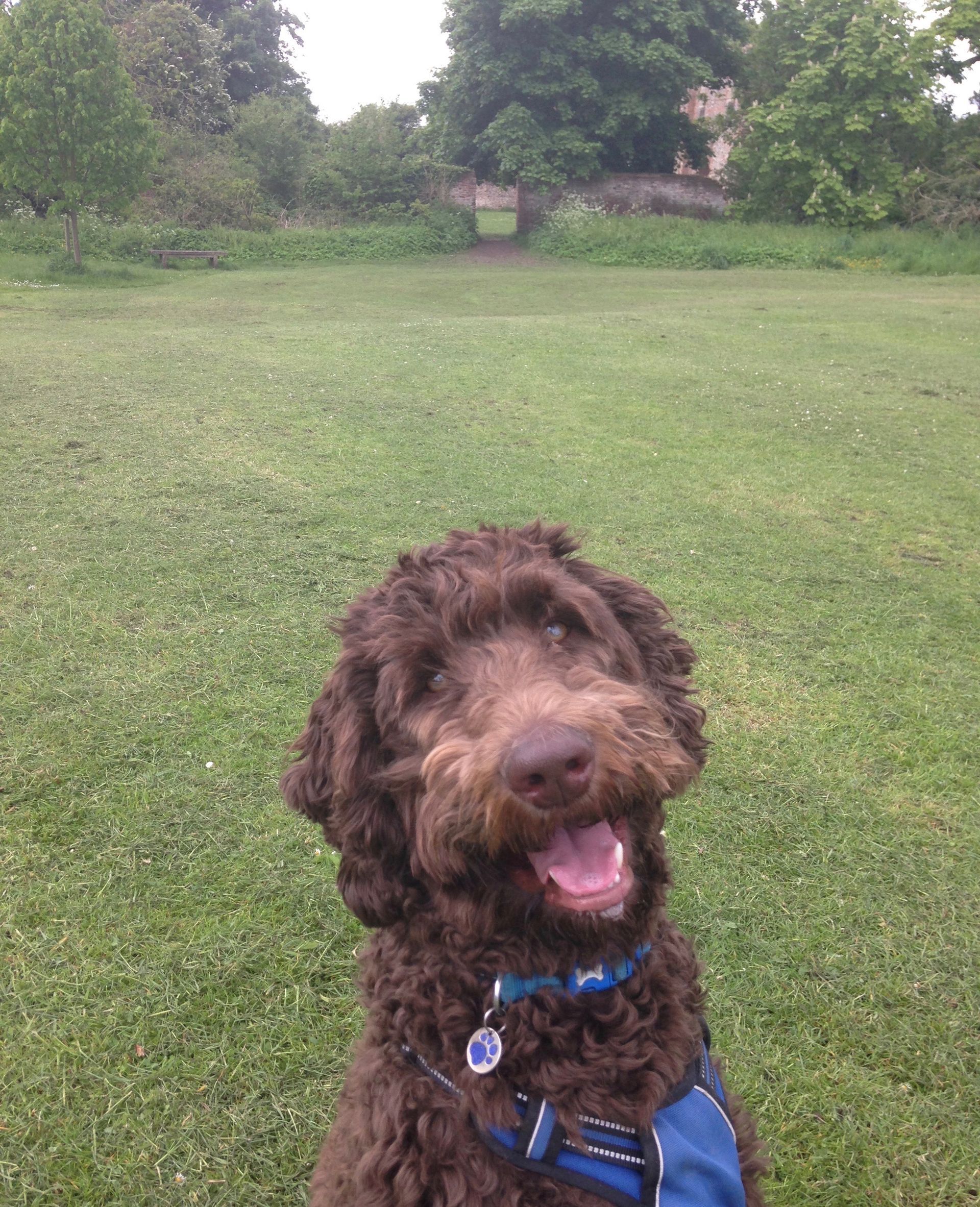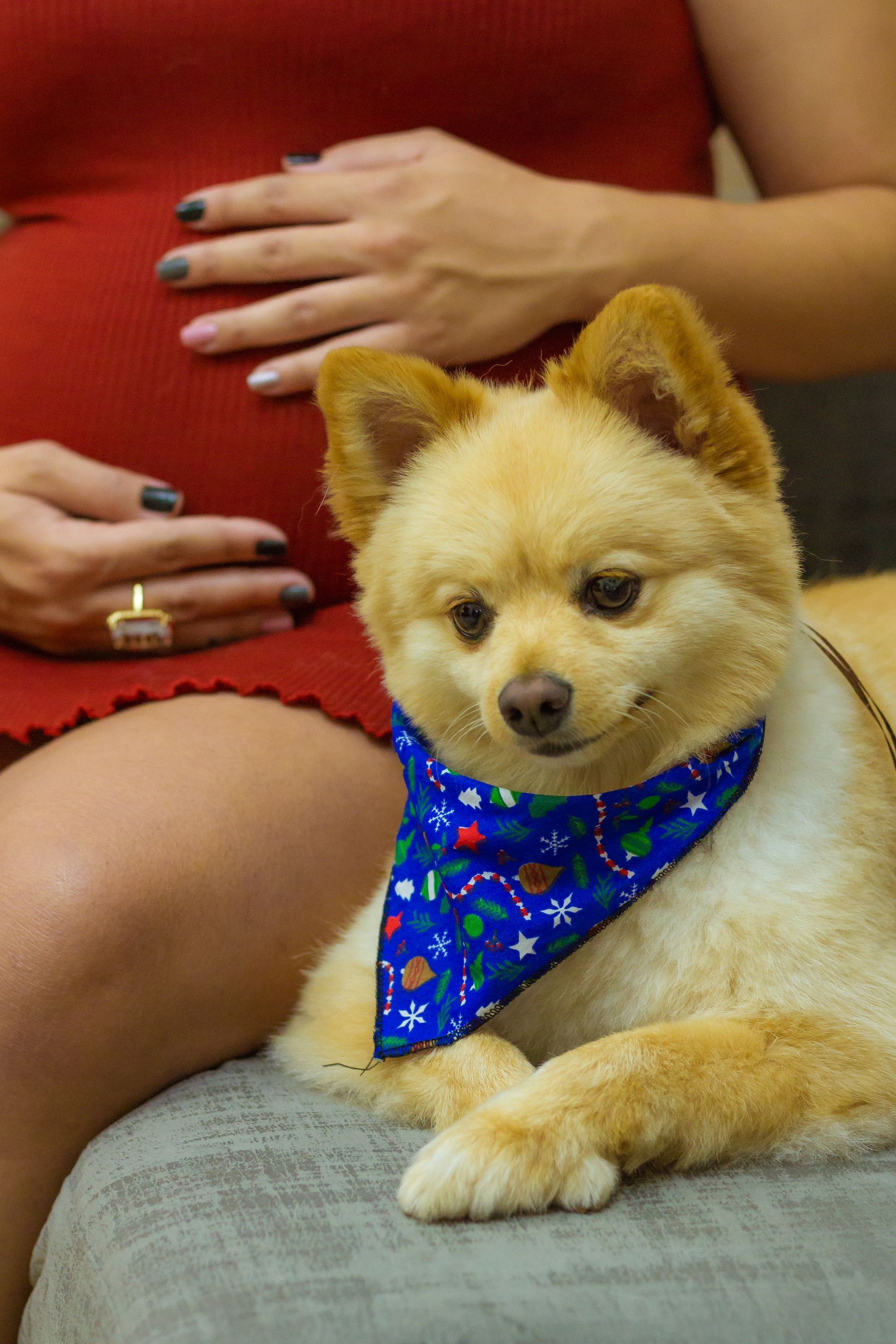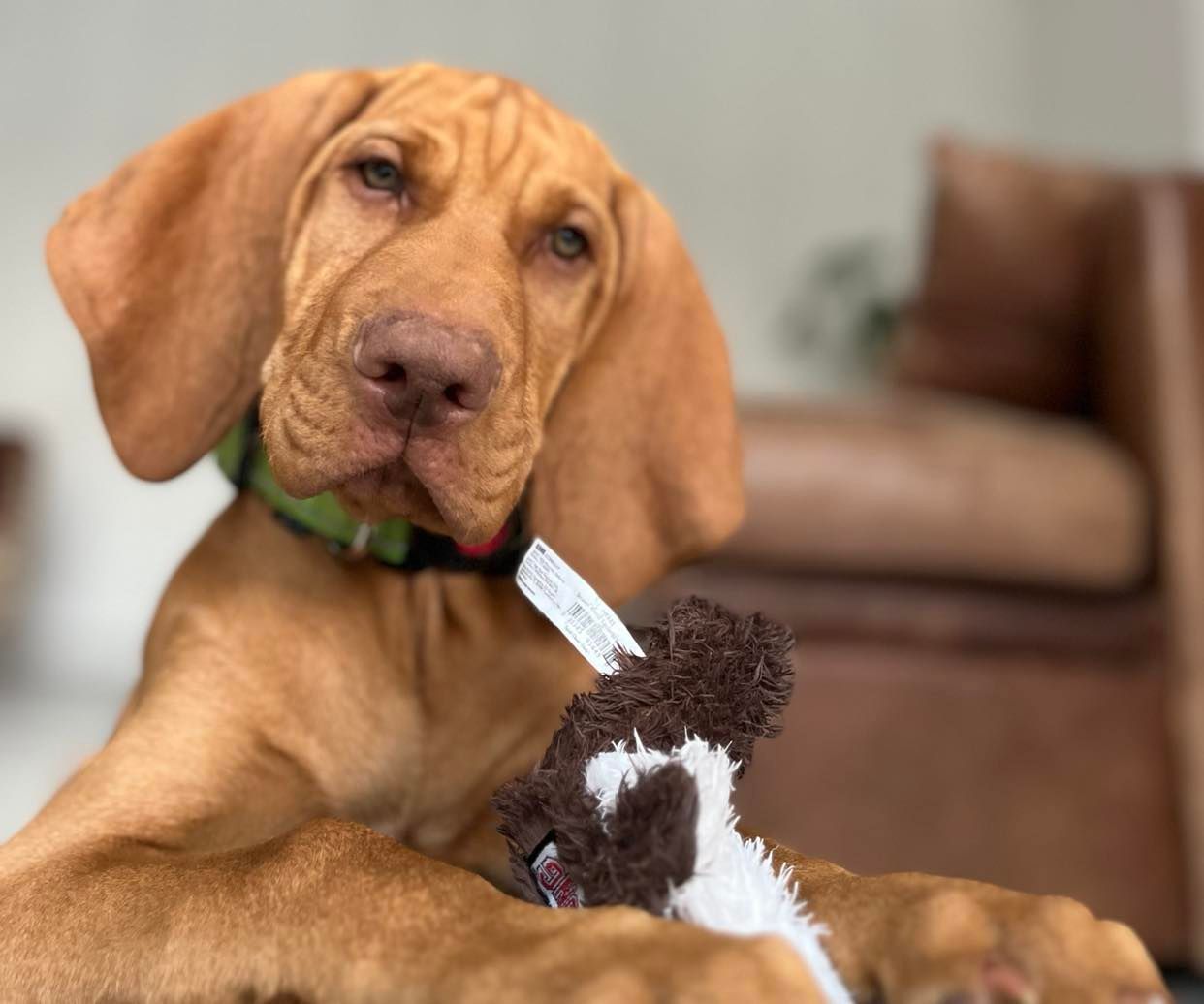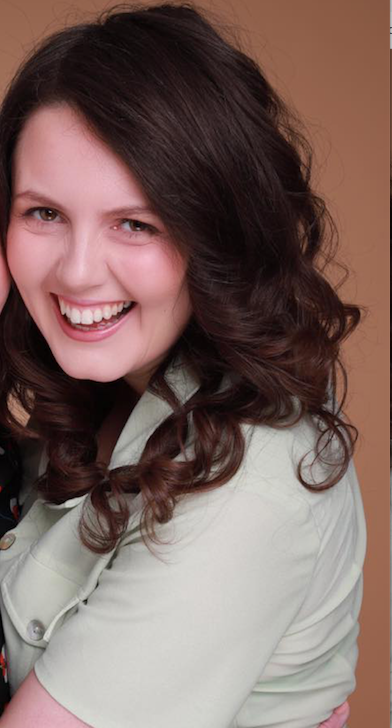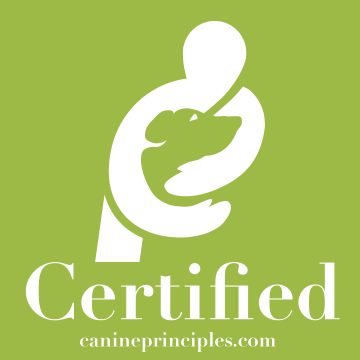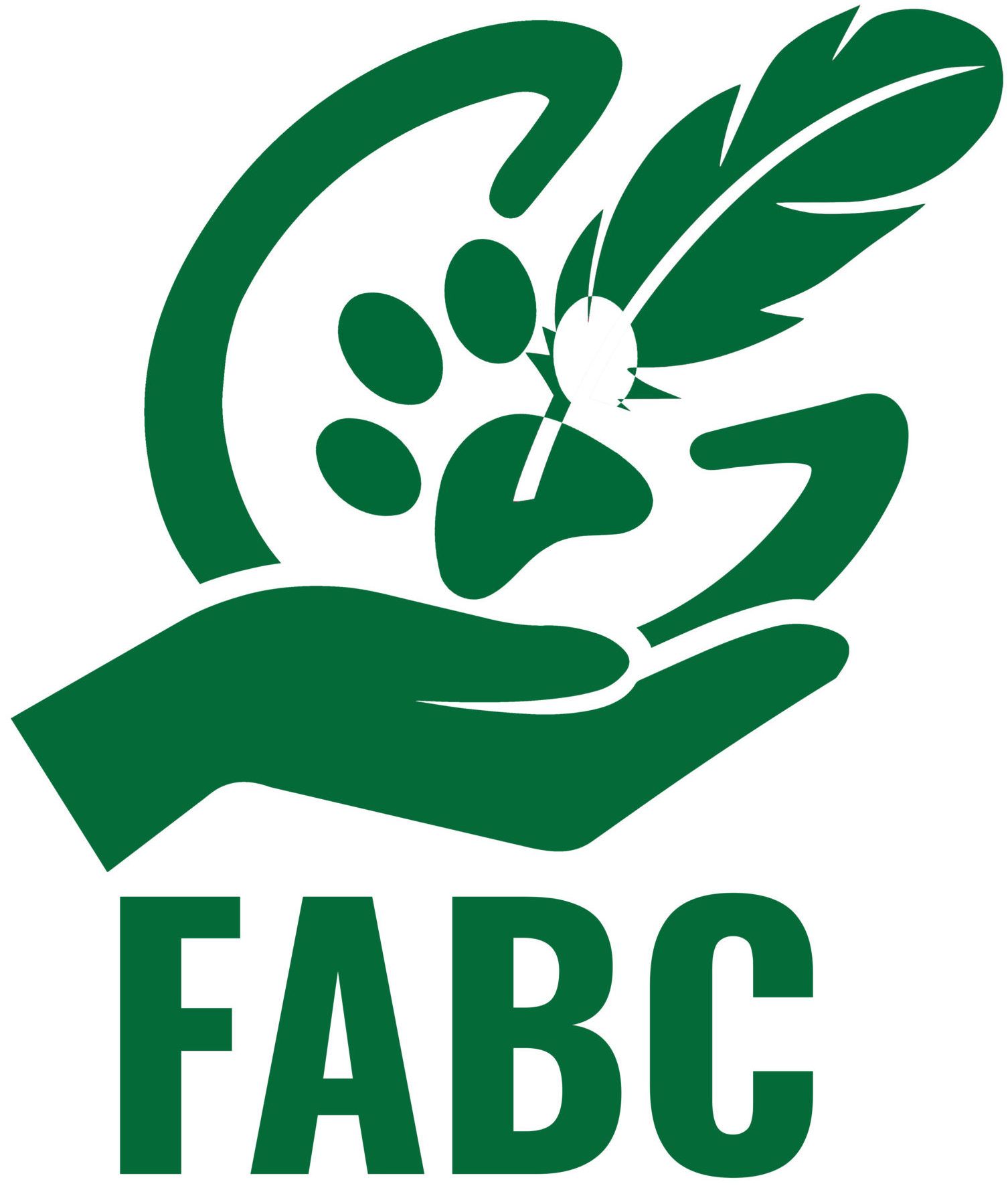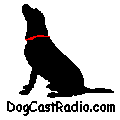Puppies have needle sharp teeth - here are some do's and dont's!
Razor sharp puppy teeth
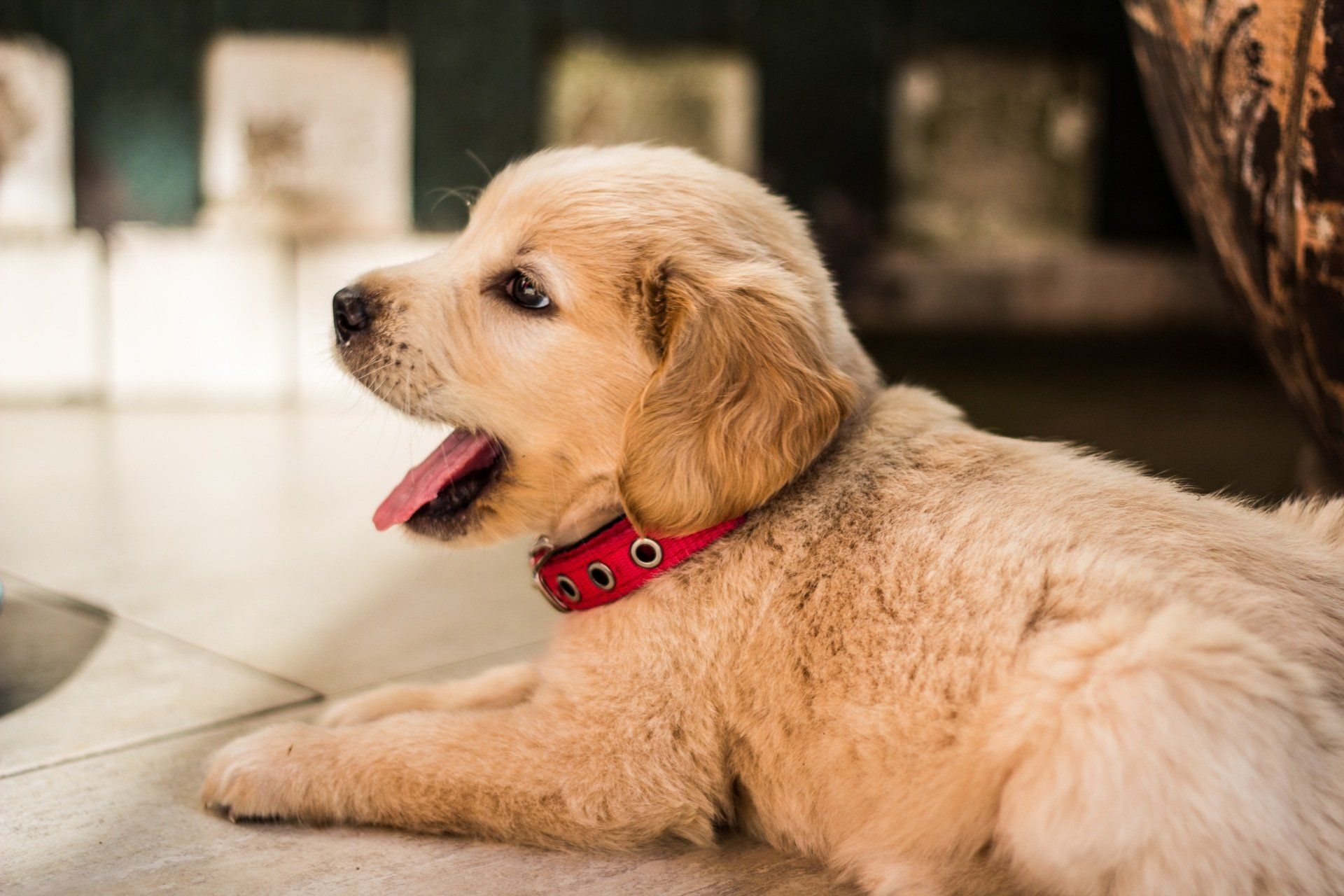
Puppies have deciduous teeth (baby ones), they loose these and another new set come through. Their teeth can be painful for us and for them too! Puppies can grab on to clothes, tables, chairs and even radiator legs to get some relief. Puppies can also nip because they are overstimulated, for attention, over excited or scared.
Approaching the puppies behaviour in a holistic way is important so we can make sure we are exploring all avenues.
Here are some things not to do:
Tell your puppy off
Why shouldn’t you do the above?
You may scare your puppy and this can effect the bond you have with them. Besides, behaviour, how ever undesirable is for a purpose, your puppy does not have the intention to annoy or upset you.
Screech ow!
Why shouldn’t you do the above?
I watched a webinar with Sarah Whitehead about this. The noise can be aversive and scare the dog so it’s much kinder and more ethical to train your puppy to do something else instead. The last thing you want is for your puppy to start generalise sounds as scary – such as screaming children, nosiy ambulances or the doorbell!
Tap your puppy on the nose
I do not advocate punishment. I don’t know why we would use it when there are other options to utilise. From a science perspective, for punishment to be punishing to the individual it has to hurt them, and also be delivered the moment the behaviour occurs. There is no point delivering it out of time because then the dog wonders what the punishment is for. This can lead a dog to being scared of hands and result in reactivity and aggression in an attempt to get a hand to move away. Punishment has found to be no more effective than positive reinforcement training and it has been found to compromise a dogs welfare (Ziv, 2017).
What should you do?
Toys and chews
Have appropriate long dangly toys that your pup can take hold of and play with.
Ensure they have chews to enjoy and ease their gums on.
Explore kongs and other enrichment devices.
Management
Practice makes perfect so don’t allow your dog to practice a behaviour of nipping on your clothes.
Training
Teach your dog to focus on you, leave the item and also drop.
Don’t engage your puppy in high impact games that encourage nipping on your hands or feet.
Think A,B,C
Think about what happened before the behaviour occurred, what behaviour your puppy was showing during it, and what the consequence was.
Ie. You were preparing food – your puppy nipped you for attention – you have them a treat.
The puppy may start linking nipping with food.
Remember that a puppy may do some behaviours for attention but sometimes for another reason such as pain so it’s important not to label behaviour and really get to the route of the problem.

